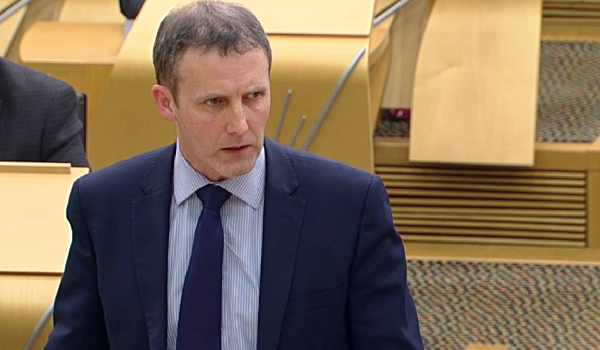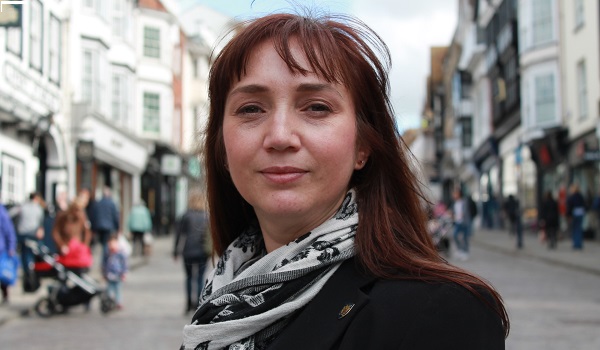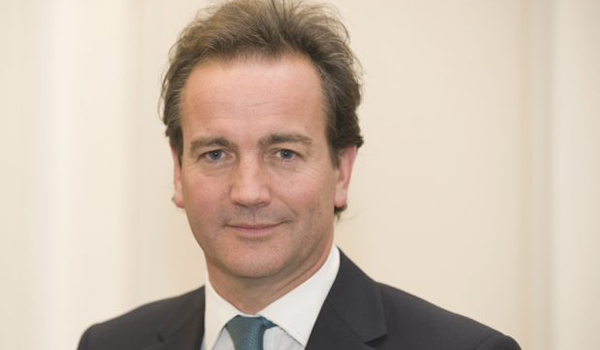Drug strategy aims to prevent vulnerable users from becoming hooked
The Minister for Crime, Policing and Probation, Kit Malthouse MP, has written to the Advisory Council on the Misuse of Drugs (ACMD) requesting advice on “preventing drug use among vulnerable groups of people, and how those groups can be prevented both from first using and from developing dependence on drugs”.
The request follows the unveiling of the Government’s ten-year strategy for tackling drugs. The strategy aims to cut crime and reduce both the supply and demand for drugs by getting more people into treatment, breaking the cycle of crime driven by addiction and keeping drug-related violence out of neighbourhoods across the country.
A record £780 million investment for communities across England will boost access to and increase the capacity of drug treatment services in a bid to reverse the upward trend in drug use, a major driver of crime.
Illegal drugs are believed to carry a cost to the taxpayer of nearly £20 billion every year, with almost half of all burglaries and robberies committed by some 300,000 heroin and cocaine addicts in England.
Speaking at the launch of the strategy, Mr Malthouse said: “Drugs degrade society – they drive crime, destroy families, and illegal drugs use claims more lives each year than all stabbings and road traffic accidents combined.
“That is why we are setting out our a ten-year plan to help drive drugs out of our cities, towns and villages and make sure those ensnared in the grip of addiction get the help they so badly need.
“This is a record level of investment and will bring our total spending on drug enforcement, treatment and recovery to more than £3 billion over the next three years – but more importantly, it will change the lives of millions of people affected by this poison.”
In addition, the role of dedicated Health and Justice Partnership Coordinators, who liaise between prisons, probation and treatment providers, will be expanded to cover every region in England and Wales. This will mean services in prison and the community are better joined up and offenders’ treatment plans remain consistent, helping them to stay on track and break the cycle of reoffending.
A pilot will trial a new approach to how the courts deal with offenders with a history of drug abuse, where they will be seen regularly by the same judge, who has the power to order a number of sanctions and incentives, such as mandatory drug testing. Currently, only offenders who agree to undergo treatment programmes can be subjected to regular testing. It is hoped this new approach will increase compliance with treatment and deter offenders from returning to drugs as, should they test positive, they may be in breach of their order and could face prison time.
Dame Carol Black, whose independent review into the issue of drugs helped shape the strategy, will monitor and advise on its progress and produce an annual update.
Dame Carol said: “Enormous human tragedy surrounds the lives of people dependent on drugs. This investment will transform substance misuse services, providing people with high quality treatment and support for recovery.
“Therefore, I am delighted that the government is making this very significant investment in drug treatment and recovery services, alongside the funding allocated to tackle drug supply. The investment to improve housing support and employment opportunities is just as critical because people need hope, purpose and practical steps to help them achieve a better future.
“This strategy comes with high expectations and I look forward to advising the central unit and relevant government departments to ensure there is a step change in treatment, recovery and prevention.”
HM Chief Inspector of Probation Justin Russell said: “We welcome many aspects of the Government’s new drugs strategy including additional ring-fenced funding for targeted treatment and recovery work with the 300,000 people whose drug-related offending drives half of all acquisitive crime.
“I met with Minister Kit Malthouse in August to share the key findings and recommendations from our joint inspection on drugs treatment and recovery in the community. We concluded government departments needed to work more closely together, so I am pleased to see this is a cross-government strategy with a clear role for the Probation Service.
“We estimate almost 75,000 people on probation in the community have a drugs problem, yet probation services referred fewer than 3,000 individuals to specialist treatment in 2019-2020. An increase in referrals by probation services to specialist drugs services must, therefore, be a crucial measure of this strategy’s success.
“In our inspection, two-thirds of our sample fell out of drugs treatment when they left prison and returned to the community. This strategy recognises that the Probation Service and healthcare services must work together to ensure individuals continue to access treatment that supports their recovery.
“While any funding increase is to be welcomed, non-financial support is vital too. The Probation Service must provide its practitioners with appropriate training, manageable workloads, and access to specialist services to work effectively with people on probation who have drugs problems.”







